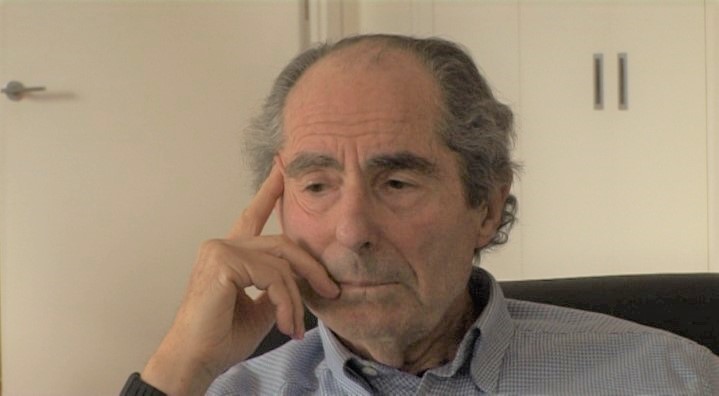To go back to what I said earlier about there being no books in the house… Why was that? First of all, it wasn't unusual in our neighborhood. We… we teetered on the edge of the middle class; we probably were a bit lower middle class, you know, and nobody bought books, they went to the libraries. A lot of people just didn't read. These were the parents – my parents and others – were the children of immigrants – Jewish immigrants – and none of them had a college education; there wasn't a single family in which a mother or a father had a college education. And as I said, my father went as far as eighth grade, so too did many of the other fathers. So there were no books, there was… there was no money to buy books and there was no culture of buying books. So my father didn't read books, anyway, he read the newspaper from cover… from cover to cover, page after page. He was… he would get very riled up about politics.
My mother did read, and so she went to the local rental library; I think these things are long gone. But the pharmacies… the pharmacy would have a rental library of several shelves, on which the best sellers were there. They were wrapped in cellophane covers and you could take them out for, let's say, a nickel a day. And so I remember because I went… she would send me to get Louis Bromfield or somebody and so I'd go around the corner, I'd go to the pharmacist and give him a quarter for five days and she would read this book. What she read mostly were best sellers, and her favorite writer was Pearl Buck, who was at that time the favorite writer of many, many middle class Americans. Pearl Buck, as you may recall, won the Nobel Prize; I think she may be the first American writer who won the Nobel Prize, or maybe Sinclair Louis won it before her. And she was not a very good writer, but she did write about exotic things in China and so on and her books were made into movies that were big smash hits. Dragon Seed was one, there's another… The Good Earth was another. And my… my mother took us all to New York, which we rarely went to, to see The Good Earth and Dragon Seed when they were made into movies, and they were played… they played it through Radio City Music Hall and it was a terrific treat to see this.
My brother read, and he read from the library, so that was… we didn't have a phonograph, we listened to the radio. The radio was the… the entertainment and the information center of the house. Radio was relatively new when I was a born in 1933. And what did we listen to on the radio? We listened to the news – my father listened to the news. We listened to popular music, which my brother and I liked to listen to all the time. And we listened to the… radio comedies, and on Sunday night they were a treat. They started at six o'clock in the evening and they went through 10 o'clock that night, and there were people like Jack Benny and Fred Allen and Fibber McGee and Molly. And I still remember those programs very well. My brother was attached… so attached to those programs that in the… his lifetime – he died a couple years ago – he would get copies of all those old radio programs and listen to them, with great pleasure. So the radio had a big influence. That was, as I said, the… the thing through which everything came that was outside our house, outside our lives.






